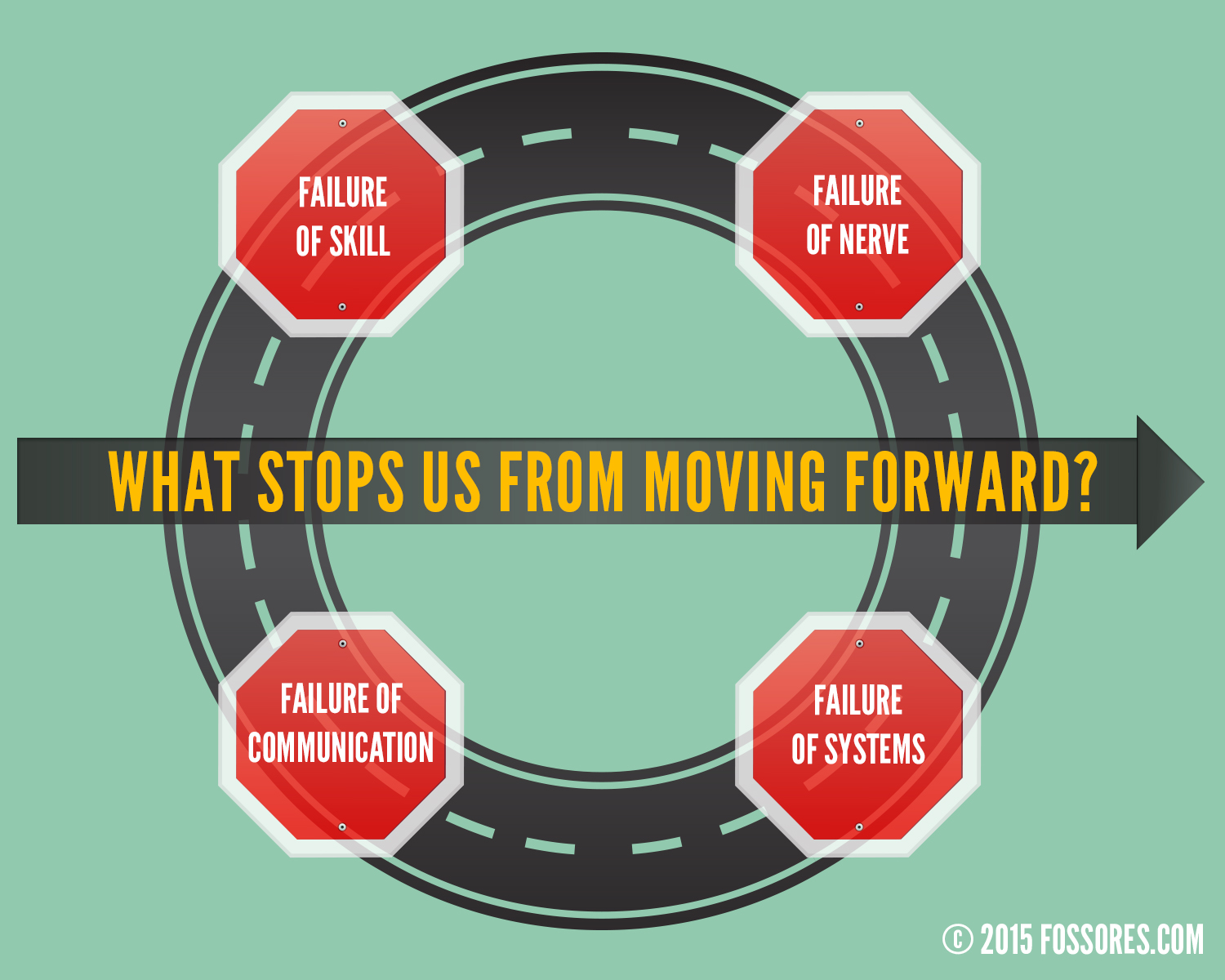Last week in our ownership class at The Winds, the conversation turned to the ways in which we hope people will shadow God, build the church, and heal the world. I was struck by how many examples our class supplied—especially concerning their efforts to heal the world. Everyone, it seemed, had little stories of good deeds and good intentions. Everyone knew that the basic mission of our church is to bless those around us, to make the world a better place, and to demonstrate the love of God in practical, tangible ways to the people around us. Likewise, everyone understood that shadowing God means becoming more and more sensitive to the movement of the Spirit around us and within us, learning to listen to God throughout the day and follow his prompts for how to live. I explained that when we do these things together—helping one another shadow God and encouraging one another in our cooperative efforts to heal the world—we are fulfilling the third leg of the mission to build the church.
It was a rewarding conversation and one I’ll not soon forget, since it cemented in my mind that most people intuit what it means to shadow God, and that the concept of healing the world is broad enough to allow for some creative interpretation that means lots of people can win.
My question, then, is how do we empower people to do these things even more?
In my experience, there are four barriers that keep people who understand the mission and want to fulfill it from moving forward. I have identified these barriers as failings—either ours or theirs—in an effort to cement their significance. This stuff matters, and we have to fix it if we’re going to move forward as a church.
1. Failure of skill—People don’t have the necessary skills to know how to move forward on their own
2. Failure of communication—People don’t know who to contact (or how) to help them take steps on their own
3. Failure of nerve—When people try to move forward on their own, they feel like we disapprove because “they’re doing it wrong”
4. Failure of systems—People feel strained by the way our church is governed and/or that there are institutional requirements they cannot fulfill on their own
fossores
Related posts
Categories
Category Cloud
Tag Cloud
Recent Posts
- Victors and Victims November 6, 2018
- 3 Hacks for Happiness October 29, 2018
- Hope Against Death September 20, 2018
- The Shape Of The Cross September 19, 2018


